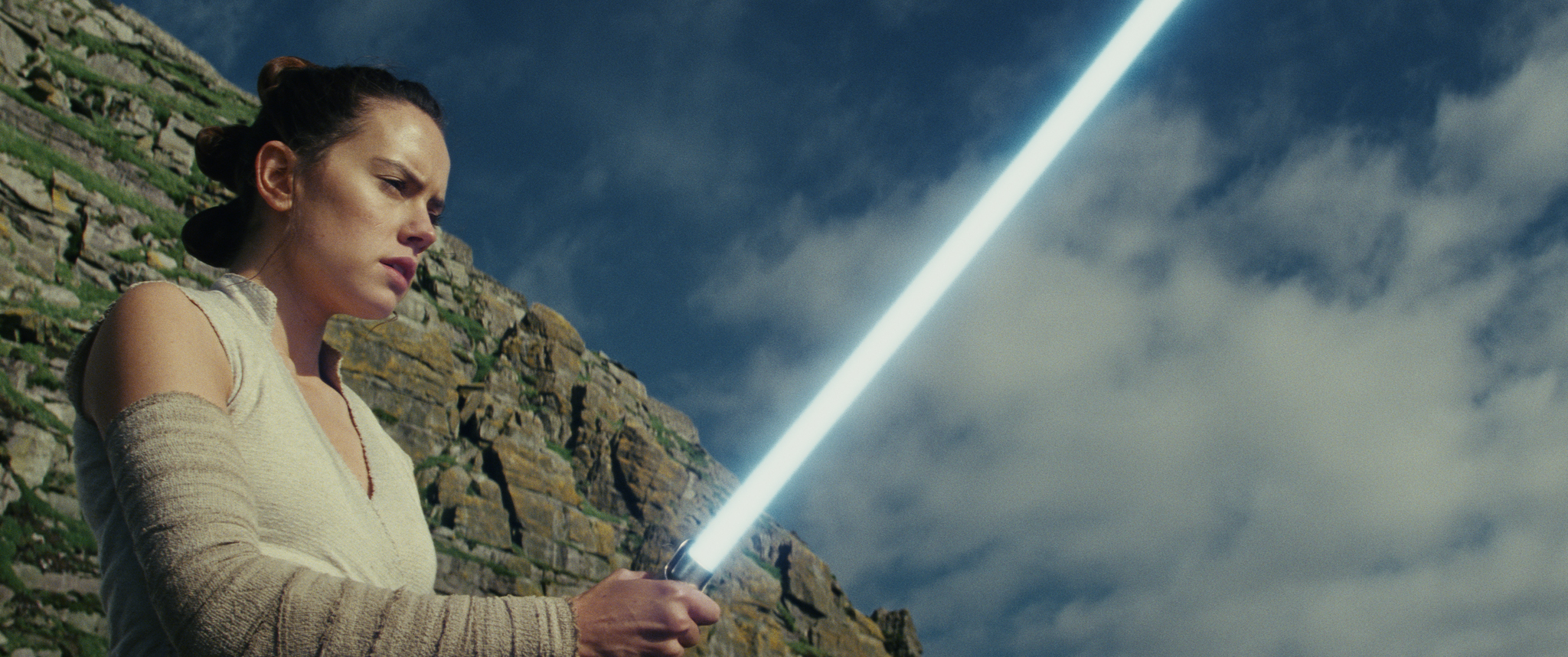What is the purpose and place of film music in the world of music?
Scores and soundtracks have been an integral part of the cinematic experience and have arguably played an essential role in setting the tone, building up tension and contributing to the emotional effect the film has on the audience. I, myself, have always loved film music and am a strong believer in making them accessible to fans alongside the release of a DVD, either on a CD/Vinyl or on the internet through streaming services like Spotify. However, that being said, is it right to commodify music in addition to the likes of movie merchandise?
Star Wars (1977) director, George Lucas, once said that “the sound and music are 50% of the entertainment in a movie” which suggests that music is extremely impactful in a film and has a set place in the world of cinema. Music was an invaluable aspect of silent cinema since the audience had to purely rely on sound and images in the film to tell a story as opposed to dialogue between characters. According to Martin Marks, a musicologist, original scores existed as far back as 1890 at the very beginning of cinema but became standardised within US cinema from 1908 onwards. This demonstrates the value of music within film and the necessity to include it.
It is fair to say that films such as Jaws (1975), The Godfather (1972) and pretty much any ‘superhero’ movie have iconic scores that make them instantly recognisable to an audience. You know when you hear the theme music, the image of the film poster or a specific scene in the movie comes to mind. Composers such as Hans Zimmer (The Dark Knight, Inception, Interstellar), Craig Armstrong (The Great Gatsby), John Williams (Star Wars, Jurassic Park, Harry Potter) and Harry Gregson-Williams (The Martian, Man on Fire) have all became far more well-known purely because film scores contribute so much to the quality of the film. If you took away the emotion generated from Hans Zimmer’s ‘Detach’ (Interstellar, 2014), it would be difficult to convey the story and present the loss experienced by the characters.
Audiences feel connected to the movie due to the inclusion of songs which potentially offer a nostalgic element for them
Similarly, carefully compiled movie soundtracks like that found in any of Quentin Tarantino or Baz Luhrmann’s films also add so much energy to the film and lift it considerably. Both directors tend to choose famous songs and have lesser known artists cover and recreate them in order to suit the mood of the film. For instance, in Luhrmann’s Moulin Rouge (2001) we have ‘The Elephant Love Medley’ including many songs by the likes of Elton John, Frank Sinatra, The Beatles, and Phil Collins all put together into one song and performed by Ewan McGregor and Nicole Kidman. It allows the audience to feel connected to the movie due to the inclusion of songs which potentially offer a nostalgic element for them.
There is certainly a shift from buying albums and vinyls to streaming music on sites like Spotify. In Europe, especially, there is a preference for listening to music on these kinds of sites simply because of the accessibility. Also, sites like Spotify allow you to save specific songs whereas if you buy an album or vinyl you end up paying for the whole album rather than set songs that you enjoy. Overall, I would say that whilst it can be argued that commodifying art is not always a great thing, it does provide a good business opportunity as there is demand from fans of the scores and soundtracks present in these films. Streaming can be helpful in this because it allows the music to reach a greater audience which may then prompt them to watch the movie which includes that particular score or soundtrack.
It’s rarely the only reason but the choice of music and composer can persuade you to watch a film
It is also quite nice to be able to appreciate the score or soundtrack independent from the movie itself. It can evoke similar or totally different emotions for the listener if they don’t have the imagery from the film in front of their eyes. It is beneficial for the composers and musicians as it opens a market up for keen listeners ofto get hold of music they have produced. By selling music from films, the genre of music available to an audience is larger which can only be a good thing; particularly for those who are still exploring their taste. Many people have scores and soundtracks from films both in album form and on Spotify because they like to listen to the music whilst doing other tasks. If you had to watch the film every time you wanted to hear that piece of music it would be somewhat frustrating.
Scores and soundtracks are a massive part of what ‘makes’ or ‘breaks’ a film. Having music that matches and develops the emotion or mood onscreen is essential. Most of my favourite films have become favourites because of the brilliant score or soundtrack. Granted, it’s rarely the only reason but the choice of music and composer can persuade you to watch a film. I would hope to continue seeing albums being sold because they also act as a souvenir from the movie which is good to keep. They have an important purpose within both the world of music and film and act as a bridge connecting the two worlds. Combining the magic of cinema alongside the power of music can only make for a great outcome.

Comments